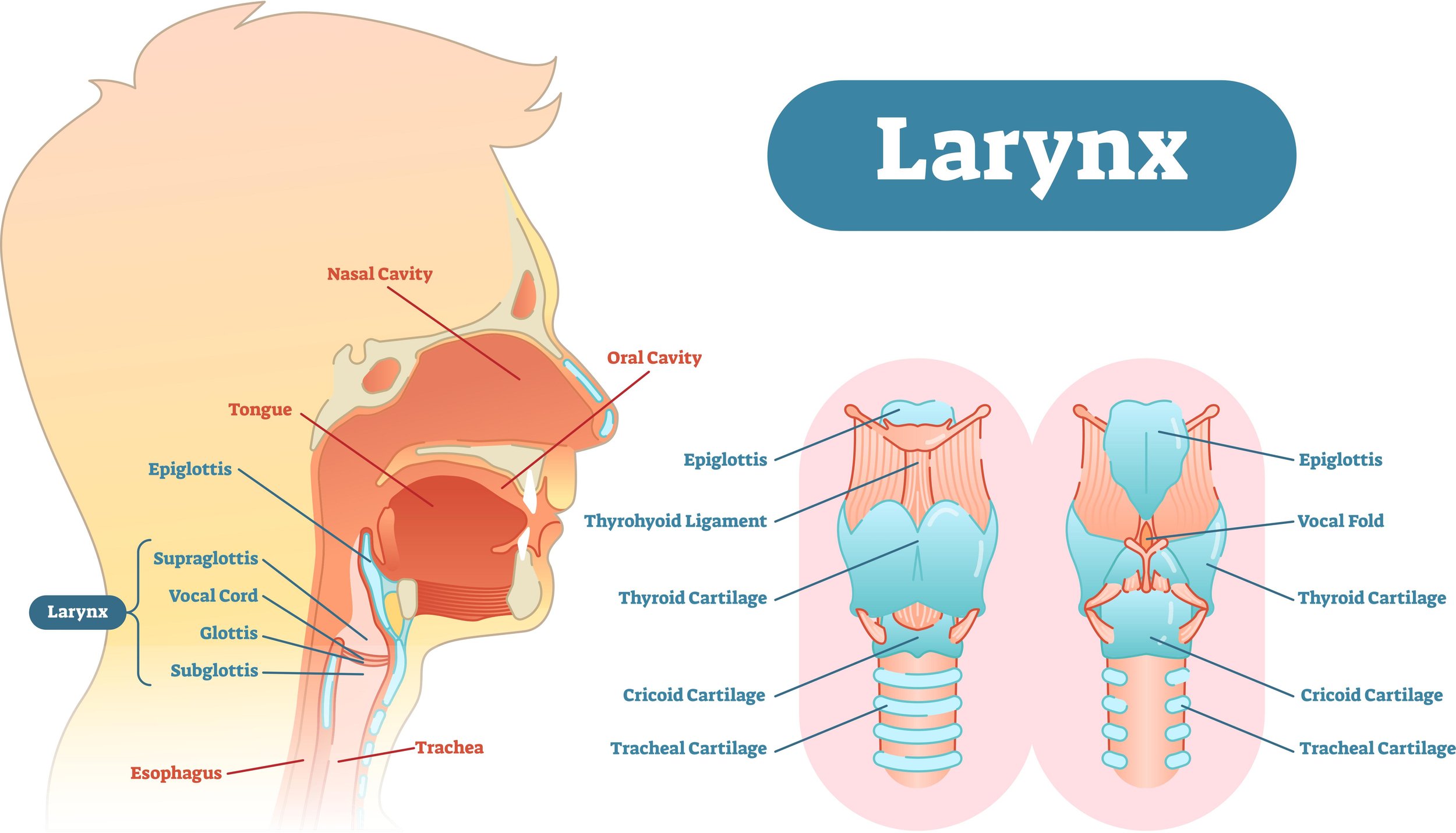6 Best Vocal Recovery Tips for a Tired Voice
When your voice feels tired—whether from vocal feminization practice, singing, or a long day of talking—it’s easy to worry that you’ve done damage.
But don’t panic!
A fatigued voice isn’t a failure. It’s just your body’s way of asking for a little care.
As a gender-affirming voice teacher, I work with trans women, transfeminine folks, singers, and anyone looking to modify their voice safely and sustainably. Whether you’re in the middle of vocal feminization training or just need to bounce back from overuse, here are six gentle and effective recovery strategies backed by science and clinical voice care best practices.
1. Try Semi-Occluded Vocal Tract Exercises (SOVTEs)
One of the best things you can do for a tired voice is a few minutes of SOVTEs, or Semi-Occluded Vocal Tract Exercises. These help rebalance the pressure inside your vocal tract, creating healthier vocal fold vibration and less strain.
Try these SOVTEs:
Straw phonation (voicing through a straw)
Lip trills or “raspberries”
Voiced “ng” sounds
Gentle humming
Think of it as a massage for your vocal folds—from the inside out.
Use SOVTEs as Warm-Ups and Cool-Downs
Even when you’re not in recovery mode, using SOVTEs before and after your vocal feminization practice or singing session can help reduce strain and build vocal stamina.
A 2021 study found that straw phonation was just as effective as vocal rest in reducing fatigue—making it a must-have tool for your training routine.
2. Stay Hydrated
Hydration is everything when it comes to voice recovery and vocal health. It keeps your vocal folds supple, reducing friction and the risk of injury.
Here’s how to stay hydrated:
Sip water throughout the day
Drink non-caffeinated teas like chamomile or ginger
Use a humidifier, especially in dry climates
This is especially important if you’re doing vocal feminization exercises that involve daily repetition.
3. Steam Inhalation for Instant Vocal Relief
In addition to staying hydrated, steam inhalation delivers moisture directly to your vocal folds and upper airway.
A recent 2025 study in the Journal of Voice found steam inhalation significantly improved comfort and function in people experiencing vocal fatigue.
Try this:
Take a hot shower
Or lean over a pot of steaming water with a towel over your head (not too close!)
4. Gentle Neck and Jaw Stretches
Tension around your neck, jaw, and shoulders can make vocal fatigue worse. Simple stretches can make a big difference in your voice feminization journey or singing practice.
Try these stretches:
Roll your shoulders slowly
Gently stretch your neck side-to-side
Massage your jaw muscles
Stick your tongue out and stretch it!
You don’t need to overdo it—just a few minutes can release unnecessary tension and free up your voice.
5. Meditation and Stress Relief
Did you know that stress can physically impact your voice? Anxiety can cause unconscious tension in your throat and chest, affecting breath flow and vocal ease.
A 2013 study in The Journal of Voice showed that professional voice users experienced more vocal tension when stressed. Reducing stress helps your voice relax and recover.
Try this:
5–10 minutes of mindfulness, meditation, or deep breathing
Daily breath awareness during your vocal practice
Check out my Body Scan Meditation for Voice Tension on YouTube. It’s a gentle guided practice designed for singers and anyone doing gender-affirming voice work.
6. Rest
Sometimes the best thing you can do is just rest. That doesn’t necessarily mean full vocal silence (unless advised by a doctor), but reducing talking and giving yourself permission to go quiet for a while can make all the difference.
Final Thoughts
If your voice feels tired, don’t panic. It’s not a setback—it’s a signal. With a little care, your voice will bounce back.
Recap: 6 Best Vocal Recovery Tips
Use SOVTEs like straw phonation and lip trills
Warm up and cool down your voice
Stay hydrated
Try steam inhalation
Stretch your neck, jaw, and shoulders
Practice stress relief techniques
And most importantly, rest when you need to
Want more support?
If you're working on finding your feminine voice, check out my True Voice: Vocal Feminization E-Course — a self-study guided journey to help you develop a voice that feels like you.























